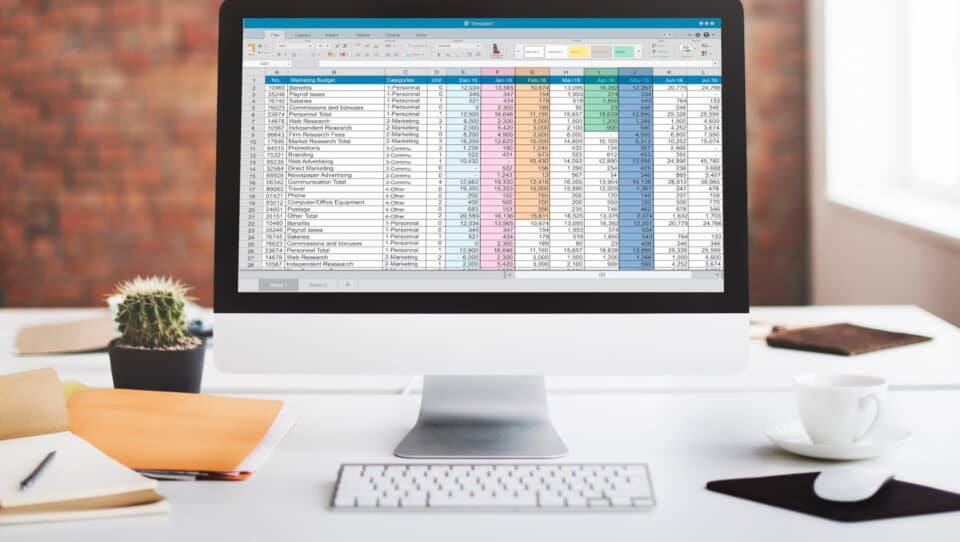What is Personal Property Assessment and why does it matter to you?
The assessment and taxation of business personal property has been in effect since Nevada became a state in 1864. These taxes aren’t just regulatory red tape, they help fund essential services that support our communities: local government operations, fire and police departments, schools, parks, and recreational services.
What Is Personal Property?
Property that is not defined or taxed as “real estate” or “real property” is considered to be “personal property.” For multifamily property owners, this typically means the equipment, furnishings, and fixtures used to operate your rental business, from leasing office furniture to gym equipment and laundry machines.
When and How Is It Assessed?
Every July 1, the Washoe County Assessor’s Office sends a notice prompting business owners to file their Business Personal Property Declaration. This declaration must be submitted by July 31.
If you’re a multifamily property owner, you are considered a business and that means you’re responsible for submitting an itemized list of personal property assets to the Assessor.
What Does This Mean for Owners of Multifamily Properties?
As a multifamily owner or investor, you must track and report personal property annually. This includes:
- Office equipment
- Maintenance tools
- Clubhouse and gym furnishings
- Security cameras or systems
- Model unit furnishings
If your property is managed by a third-party company, it’s still a good idea to personally review the declaration each year. Why? Because over time, assets break, get sold, or are replaced and outdated or incorrect information could result in overpayment. You’ll want to ensure:
- The inventory list is accurate
- Disposed items are removed
- Depreciation schedules are being correctly applied
How Much Does It Cost?
The county uses a depreciation schedule from the Nevada Department of Taxation to determine each item’s taxable value, which is then assessed at 35% and multiplied by the local tax rate.
Example:
Let’s say your property has $75,000 in personal property with a depreciated value of $30,000.
- Assessed value = $30,000 × 35% = $10,500
- If the tax rate is $3.50 per $100 assessed value:
- $10,500 ÷ 100 × $3.50 = $367.50 in taxes
While that number may seem modest, it can add up especially across multiple properties or in the case of recent renovations.
Why It Matters
- Avoid penalties for non-filing or underreporting
- Keep your NOI clean by preventing tax surprises
- Maintain accurate records for audits or future sales
- Ensure your management company is keeping things up to date
This small but critical administrative task is often overlooked but staying proactive can help multifamily owners in Washoe County minimize unnecessary costs and stay compliant.


